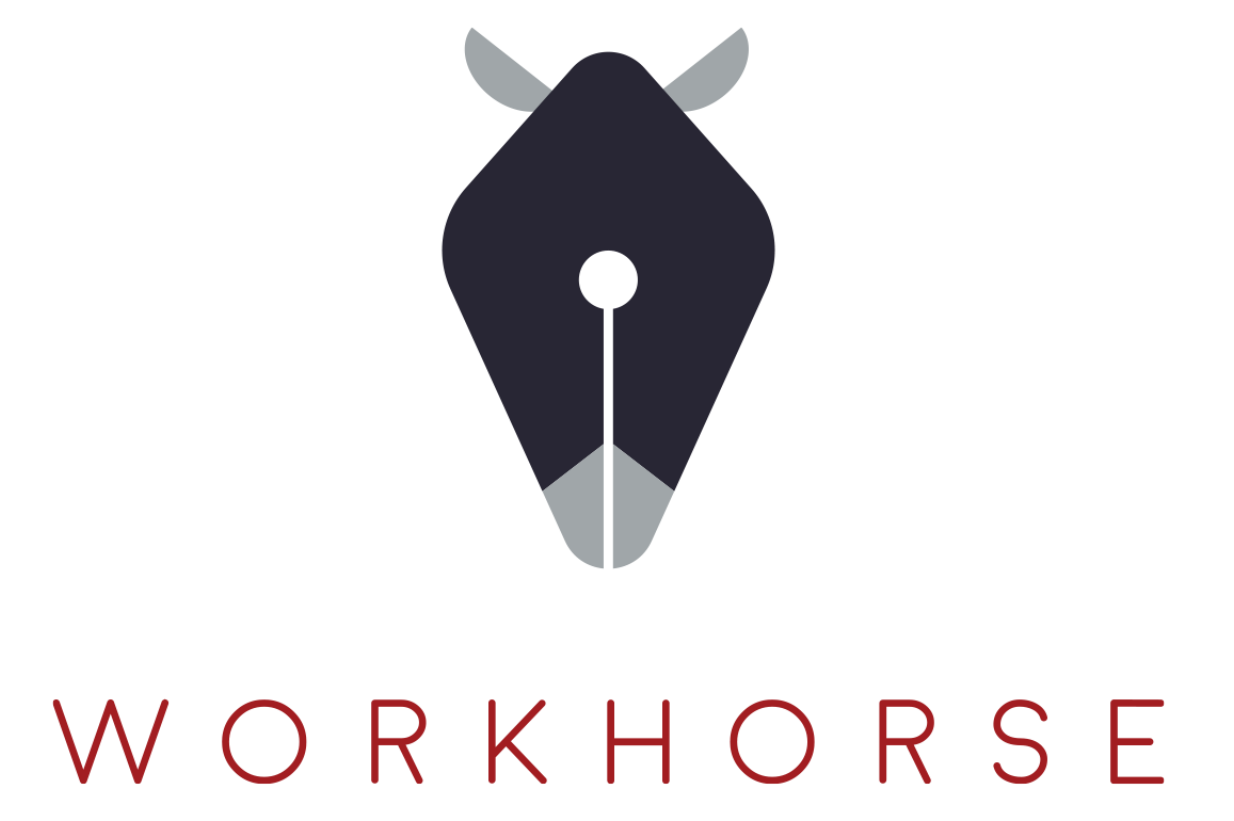“The white fathers told us: I think, therefore I am. The Black mother within each of us — the poet — whispers in our dreams: I feel, therefore I can be free. Poetry coins the language to express and charter this revolutionary demand, the implementation of that freedom.”
– Audre Lorde, “Poetry is Not a Luxury”
If you’re like me, you don’t remember the first time you read or heard a poem. Poetry was just there — as essential to the fabric of your life as eating breakfast, going to school, developing a crush or filling the car with gas. If you’re also like me, poetry’s reliable thereness has allowed you to catalogue thousands of experiences with poems across the course of your life, experiences where a poem (where a poet) managed to vibrate that secret string inside you, the one that sings out: I am alive. I am here. I am a feeling, throbbing thing.
Good poems have a magic to them. They help us feel what agitates for recognition beneath our consciousness. They reveal truth in places we would never have thought to look. They create connections — to language, to others, to ourselves, to the past. They invite us to take courage and action when hardship abounds.
And hardship abounds. It can be difficult for a poet to justify the painstaking work of crafting a poem when more than 500 children remain separated from their parents for the crime of legally seeking asylum at our Southern border. It can feel facile to fret for days over a line when the Arctic’s oldest and thickest sea ice has melted — for the first time in recorded history. It can seem escapist to turn to poems about love or owls or cinnamon when racial injustice rages like wildfire outside our windows.
In her essay, “Poetry is Not a Luxury,” Audre Lorde makes the bold claim that poetry, when wielded well — especially by women and others facing systemic oppression — can create the conditions for revolution. She is careful to lay out what she means and what she does not mean. For her, poetry is not the “sterile word play that, too often, the white fathers distorted the word poetry to mean” but the “revelation or distillation of experience … ” Poetry is both path and destination, able to tell us what is real, what is true and also how we might get free.
In other words, the small and quiet work of crafting a poem, so long as we are aiming at the revelation of feeling and true experience, can never be at odds with revolution. Rather, it is precisely the work and artifacts of poetry that can summon the language, the fervor, the shape and texture, the community, the clarity we need to bring about the change so many in our culture are crying out for.
At Workhorse, we believe in poets and poetry. It’s why we offer support, infrastructure, community, outlets for publishing and an audience. From Lexington Poetry Month to The Gauntlet to feedback, we work hard to make it easier for poets to write, improve, build an audience and publish their work.
That we live in difficult times is not news to any of us. That we need to embrace, promote and practice poetry to survive, maneuver and transform the difficulty of these times shouldn’t be either. If you are a poet, embrace the page. We need it. If you are a reader, a fan, a lover of words, embrace the page. It needs you.
Find out more about how we support poets, or join us in the work by contributing here.
(To read Audre Lorde’s essay in full, click here, or order a copy of Sister, Outsider (it’s one of many excellent essays in that collection).
______________________________________________________________
Reva Russell English is a writer, musician and activist. She lives on Lexington, Kentucky’s Northside with her partner and child where they operate a small, urban farm called North Farm.
